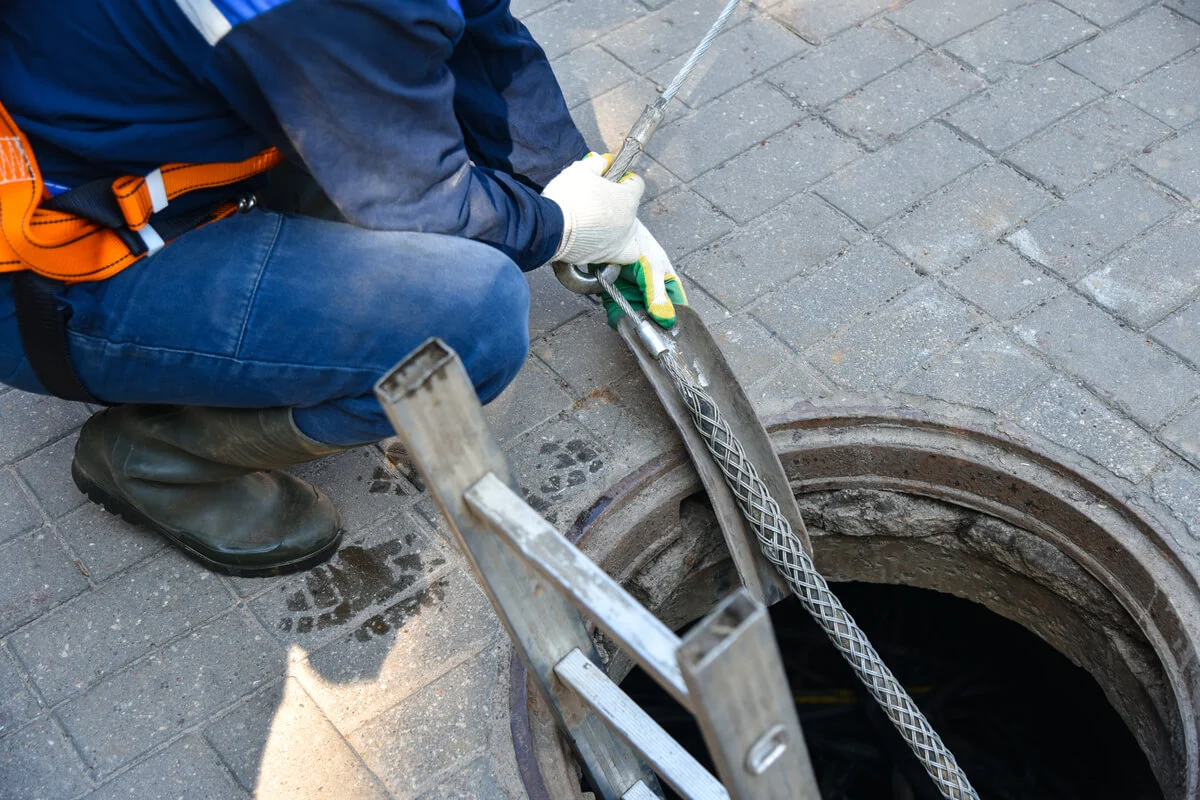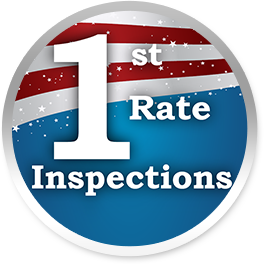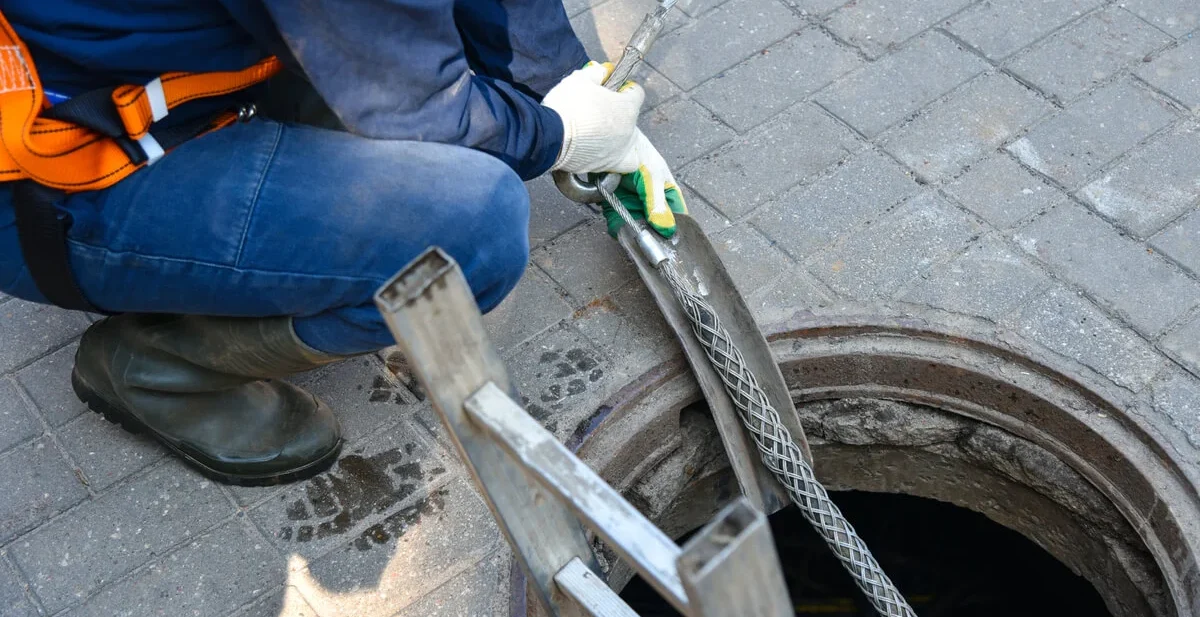
Approximately 1 in 4 homes in the United States use septic systems. And in Texas, these systems are widely used. It is estimated that 5.8 million Texans rely on septic systems, and by the end of 2020, it was estimated that there are 2.38 million septic systems in Texas. So, if you’re buying a house in Houston, there is a high chance that you end up securing one that has its own septic system. This means that you might find a suitable property that doesn’t connect to the sewer, and this is why it has its own standalone waste processing systems.
Taking care and using the septic tank is not the same as sewer systems, and this is why if you’re planning to buy a property with a septic system, it’s important to be well-informed about what you’re stepping in. It’s better to consult a professional plumber who knows about septic systems. But this is just not it; when buying a home with a septic system, you also need to check these five most important things.
Understand How the System Works
You don’t need a plumbing expert to explain the basic workings of a system and how to know if it’s working correctly.
A system has a pipe that collects all the home’s wastewater. The pipe then transfers the water underground to a watertight septic tank. In the tank, the solid settles down at the bottom, and the floatable materials float at the top. Between these two layers, there is liquid wastewater that leaves the tank in a buried drain field that is usually in the home’s yard. Now, the septic tank’s job is to contain solid and floatable materials until a professional comes and plumb them out.
If you’re wondering, maybe your prospective home’s septic system is different. The answer is no. Septic systems are pretty much the same. But, yes, most of the houses use conventional septic tank systems. These use physical and biological processes to treat and drain your wastewater. Whereas newer, advanced systems meet more complex processes that might require additional cost and maintenance. This may include yearly monitoring and reporting.
Get the Septic System’s History
You need to ask the home seller for the details about the septic system and the last time they had an inspection for it. You may ask the following questions them:
- Did you ever pump the system? If yes, then how often do you pump it?
- Do you have a septic location map? (Know that this is a significant document if you wish to conduct a septic inspection. The map should show the leach field, tank, and leaching chambers).
- Where exactly is the septic system?
- Can you provide me with the system maintenance history?
- When did you last get the system inspected?
- Did the inspection identify any issues, and did you get them repaired?
- What’s the system’s age? (A good septic system can last for 15-40 years, and the age should be there on the permit).
When the seller is answering the questions, you need to listen and watch carefully. They might cover up significant issues with the system so that they could save some money on the inspection and repairs. So, if the documents and the questions highlight any issues with the system, you may negotiate for the repairs or a lower price as part of the final price.
Keep An Eye Out for Septic Problems
When you’re visiting the property, you can ask the seller to let you see the tank system yourself. Yes, you might not be able to see the tank underground, but you can still keep an eye out for the signs that indicate septic problems. Following are some of the signs:
- Toilet flushing issues
- Pipes gurgling
- Water backups
- Slow drains
- Greener grass
- Bad odors
- Standing water
If you find any of these issues, then there’s a chance that the septic system is not in its best condition and needs immediate attention.
How Do You Inspect a Septic System On Your Own When Visiting the Property?
You can begin by locating the septic tank and drain field (you can ask the seller about it). Later, a visual inspection will be conducted to check for the visible signs mentioned above. Ensure that the tank lid is securely in place and free from damage. You may also inspect the area for any signs of cracks or structural issues. Besides this, in the drain field, look for any erosion and depressions that also indicate system failures. Document your findings with notes and photographs, and consult a professional inspector for a thorough evaluation if any issues are detected.
Be Aware of the Costs
It’s better to get a septic system inspection before buying a house with a septic system. Once you’re done with the inspection, make sure to document the proofs that highlight the costs that could come as part of fixing the septic system of your prospective home. You can ask your inspector for the costs associated with the repair and replacement of the system.
It’s better to get the quotes in writing, no matter how expensive or inexpensive the work might seem. After the inspection is completed, the inspector will give you an inspection report as well that highlights the detailed analysis with pictures, especially if they find any issues. With the inspection report, you can negotiate a lower price with the homeowner.
Also, if this is the first time you own a house with a septic system, then know that these systems require regular maintenance. Septic tanks need regular pumping that can cost around $225 to $600 in Houston. And if the tank needs repairs, then it will cost you more.
Get A Second Opinion
It’s possible that you might not see the preceding systems appearing at your new home, but you shouldn’t rest easy…yet. It’s better that you get a professional second opinion. Yes, it might seem to bother you as it will be an extra expense. But the way it will save you from the trouble down the road, you won’t regret it in the future.
If your inspector suspects and discovers anything, you’ll be glad that you didn’t close on the house with a faulty system. And if the system is in its perfect condition, you will then be able to rest easily. You’ll also get an expert’s opinion that will help you watch out for trouble in the coming years.
The first step you need to take is to find a reliable, professional company that will perform inspections by ensuring accurate results and thorough inspection reports. 1st Rate Inspections specializes in performing septic inspections when you’re buying a house with a septic system





